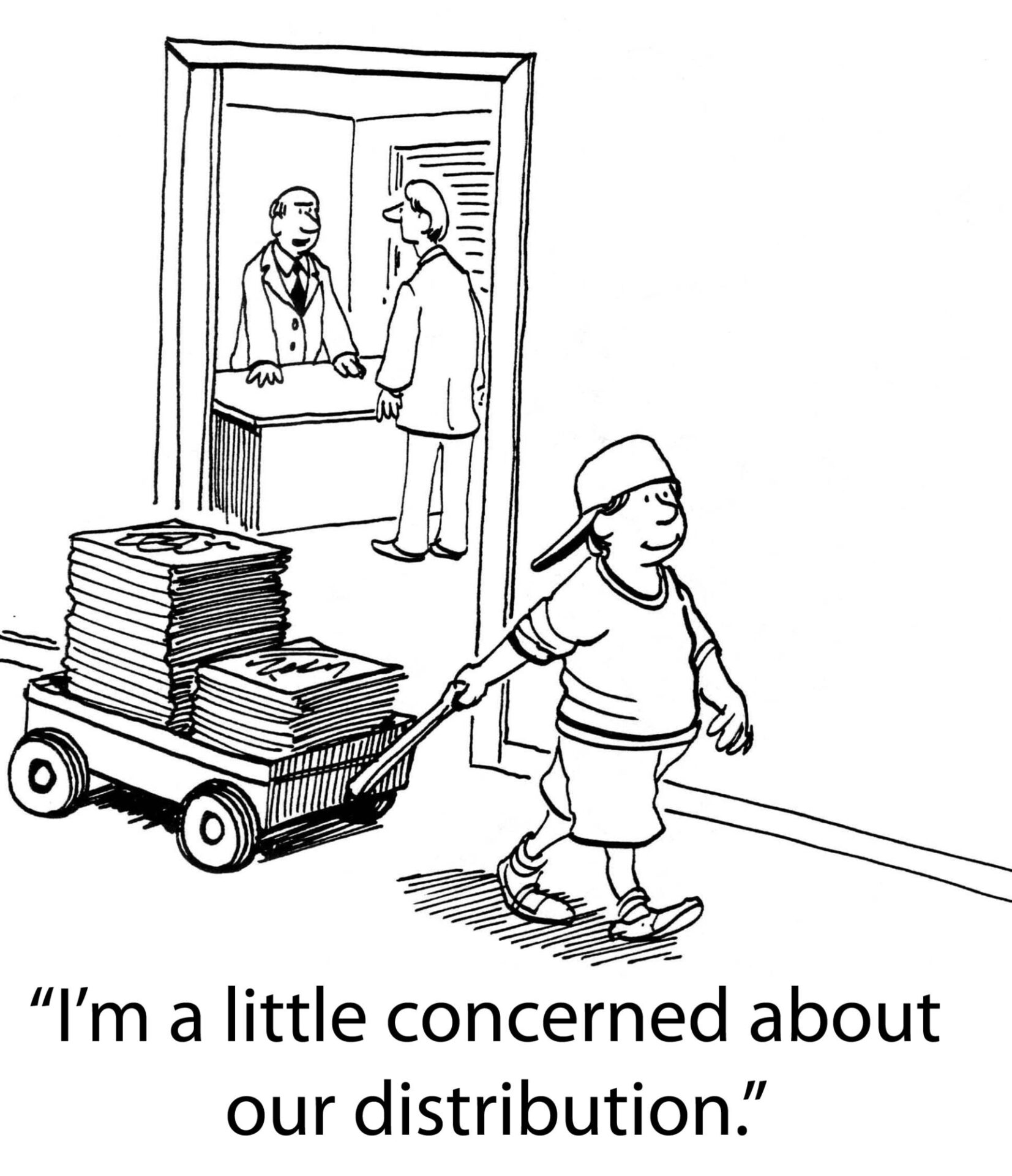
(Photo by Jaromatick at Deposit Photos)
Last week I discussed traditional publishing, that is, publishing through one of the five large publishers, so let’s look at small press publishing today. In future posts, I’ll explore hybrid and indie publishing (self-publishing) and provide a rundown of all four.
What is Small Press Publishing?
A standard definition of a U.S. small press is a publisher with annual sales under $50 million or companies that publish 10 or fewer books per year.
They also go by:
- Small Publishers
- Independent Publishers
- Independent Presses
- Indie Presses
- Indie Publishers
In short, they’re small presses that aren’t part of the big 5 publishing houses. And, as you’ll learn, you as a writer can become a small press publisher for your own work. So I would argue that the terms “indie publisher,” “indie press,” etc., can easily be synonymous – and a better term for – self-publishing. More on that in a future post.
Many small publishers offer the services of a bigger publishing house, such as editors, proofreaders, designers, printers, etc. They might also have marketing and promotion staff, though not always. There are also super-small publishing companies without an in-house team besides the owner. You need to do a lot of research to know what kind of publisher you should target or are getting into a relationship with.

(deposit photos – nito103)
Imprints
A key to being a small press is being independent of the large publishing houses. The big companies have imprints, which are smaller divisions within their walls. This is often done to provide genre-specific work.
When I worked at Sony Music in the 1990s, it was split into two labels – Epic and Columbia Records. Within those labels were imprints such as 550 Music and Immortal Records (both now retired). Epic alone has or had over 40 record imprints.
Publishing is the same. Harper Collins alone has over 120 book imprints, such as Harlequin. McMillan has imprints such as Tor Books (sci-fi). These divisions within a larger company might give you more attention than going through the major house. However, you’re still at a large company with an extensive roster of writers that all need to be marketed, promoted, and sold. In other words, you’ll most likely get more attention at a small publisher.
Micro-press and Chapbooks
A micro-press is a small publisher that releases limited editions in small runs, usually no more than 300 – 500 copies, often less than 100 copies. They are typically run by one or two people and often release only one or two titles annually.
Micro-presses are known to publish Chapbooks, which are generally between 20 – 40 pages and are mainly poetry but also can be short stories, comics, and essays.

(deposit photos – cienpies)
It’s important to note that small presses and micro-presses can be very selective about who they work with – many times they’ll choose to work with a famous author with a large fan base or with someone they know (spouse, relative, through a personal connection). If you want to attract a small press, join online writers groups to share excerpts of your work and build your fan base.
Small presses and micro-presses can be very selective about who they work with.
Guilds and associations are also important to join because they share useful information. Examples include associations for romance, horror, mystery, sci fi, and fantasy writers. If your writing falls into a genre with a national or international association, it’s beneficial for you to join. They often share information about illegitimate publishers.
The Benefits of Small Press Publishing
There are quite a few benefits to publishing through a small press, including:
- Many are willing to accept your work without an agent.
- Small presses are more open to experimental books and ones that don’t fit neatly within a specific genre.
- You’ll most likely have more control throughout the publishing process, like with the book cover, marketing, etc. It should be stipulated in your contract.
- Small presses are more open to out-of-the-box marketing ideas.
- Though still smaller than indie publishing, your royalty percentage will be better than through a large publishing house.
- Your book will be published faster than at a Big 5 company.
- Small press books are generally eligible for awards, whereas indie (self) published books generally aren’t. (I’m going to write about this in more depth when I research awards for Rock Gods & Messy Monsters.)
- Small presses are more flexible with their contracts.
The Downside to Small Press Publishing
- Many offer no advance. Those that do generally range from $1,000 – $2,000.
- Small presses have less influence than large publishers.
- They probably won’t have the same distribution reach as a big company. However, they might have more than an indie publisher. The small publisher will have access to all distribution channels, though they might not have the ability to sell your book to a distributor.
- You might not get marketing or media help – though I argue that after the initial launch, you won’t get much support from a traditional publisher either. They’ll have moved on to the next book on their roster.
- Most importantly to me, small publishers are harder to vet. They don’t have name recognition like larger houses, and there are scams. You must do extensive research no matter what type of publisher (or agent!) you’re approaching.

(deposit photos – andrewgenn)
Takeaways
The most important takeaway from this article is that you must decide which type of publishing you want to pursue, and you must do a LOT of research. And not just online. Before signing a contract, you must visit bookstores to see how the books are positioned, talk with other writers, and vet any agent or publisher. The last thing you want is to discover your agent and publisher are not the right fit, or worse, are scamming you and that you signed a contract you can’t get out of.
The second takeaway for me is that the publishing process is confusing. It used to be straightforward because there weren’t many options. You looked for an agent, and the agent got you a deal at a major publisher. But the publishing industry is in utter turmoil; indie publishing is becoming more accessible and accepted, and writers are becoming better business people.
My final takeaway is that you need to decide what you want. Suppose you don’t want to bother with the book once you wrote it, and you want the cache of a major publisher. In that case, traditional publishing is for you. Small press or indie publishing might be for you if you write less genre-specific, experimental work and want more control over your book.
Next week I’ll focus on the soft launch for Rock Gods & Messy Monsters. We’ll pick up this series again on July 12th with a look at hybrid publishing and then explore indie and other aspects of publishing in future posts.
